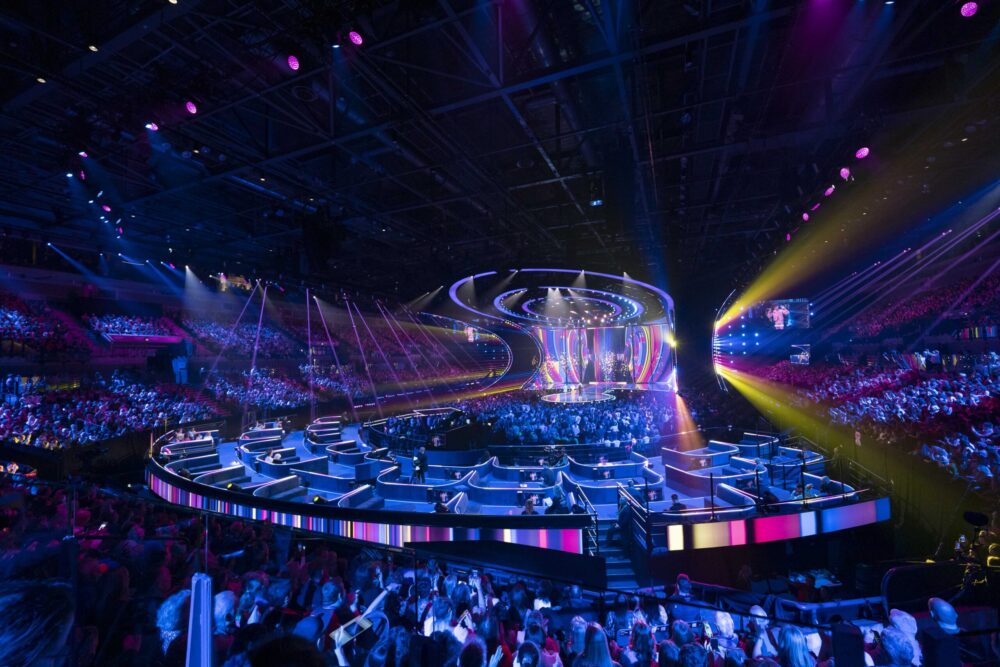
Eurovision
City marketing boss says Eurovision will leave greater legacy than Capital of Culture
3 years ago
Liverpool will see the benefits of the Song Contest as early as this summer – and its legacy will be greater than that of Capital of Culture in 2008.
Marketing Liverpool director Chris Brown says the real work starts now for the city to capitalise on what hosting Eurovision has achieved.
But he says: “I have no doubt we will get a short-term boost over summer. There will be a lot of people who will have seen the images and decide that they want to come and visit in the next three or four months.
“And I think it will build into more of a medium and long-term gain without a fear of a doubt.
“Eurovision will definitely have accelerated our ability to get back to pre-covid levels and get back to the levels of European and international visitors that we were welcoming back in 2019.
“And we have the Open Golf coming in July, another massive event, and that gives us another international showcase.”
He goes on: “It’s down to us now. The really hard work starts in terms of capitalising on what was created through Eurovision, and we need to make sure that we’re not just remembered for the event, but that people want to come to the city because of all the components that made the city special.
“We can’t underestimate that 50% of the audience that came for Eurovision was from the LGBTQ + community and that’s important for us to demonstrate the inclusive nature of the city, the diverse nature of the city, and the fact that it’s a welcoming and safe space.
“That will help us greatly in attracting new and different audiences who maybe hadn’t thought of Liverpool.
“And we can never underestimate that one of the things that makes Liverpool work is the fusion between the residents and external visitors. That doesn’t always happen in many places, and Liverpool has a brilliant balance.”
Chris continues: “ACC Liverpool came across brilliantly as the amazing venue we know it is – we will expect a significant jump in inquiries for conventions and business tourism, in fact we’ve seen a significant jump in inquiries this week.
“So yes, I think Eurovision will do more for Liverpool in the medium to long-term than ‘08 did.
“That came at a time when the infrastructure was just beginning to be developed and was starting to mature; we had only just opened up the arena and only just opened up Liverpool One.
“We were much better prepared for Eurovision than for Capital of Culture, and the infrastructure of the city now is better prepared to go forward. I’m also hoping it will have significant impact on businesses who want to locate and expand or develop, because why wouldn’t you want to have a labour force that’s working in such an exciting and vibrant city?”
Chris declared Eurovision ‘massively successful’ for the city because of the plan that was created ahead of the event.
The BBC focused on the arena show, and Culture Liverpool and everyone involved had to create a buzz around that with people coming into the city centre whether they had a ticket to the main event or not.
“The plan was about creating a dynamic offer inside the city centre, underpinned by the cultural festival and the Eurovision village, but also supported by huge branding and profiles so that everybody knew when you walked into Liverpool you were in Eurovision city.
“That created the atmosphere that made the visitor feel like they’d come to somewhere special, and that was evidenced by the amount of plaudits and overwhelming praise.”
That numbers were in excess of those anticipated – around 500,000 as opposed to 100,000 – was not necessarily a surprise: “We would have been very disappointed if we had only hit the targets, we were always heavily hopeful that we would do a lot better than that.
“It was important because that would bring wider economic benefits to the city.
“So the returns have been great. We put on a great show for Ukraine who we were representing – and I think we will definitely build on that relationship and do more with Ukraine – and I think for Liverpool and the UK. We showed cities like ours are very welcoming of European visitors which, we picked up, since Brexit has been a problem.
“We have been working very closely with Visit Britain and Visit England and we are going to do a lot around music to reinforce that UNESCO City of Music status, and there’s a lot to go at.
“We can’t just expect people to turn up. It’s about being on the front foot. We have collected some amazing imagery and footage to use, and we need to keep reminding people about the type of city and city region they are coming to and what we have to offer. This can be another turning point.
“With Eurovision being so successful we are not going at it with any degree of negativity but with positivity – we are set up to maximise on it.
“We have ended up coming out with an embarrassment of riches to look at that we could only have dreamt of at the start, so we have a brilliant platform to build on.”


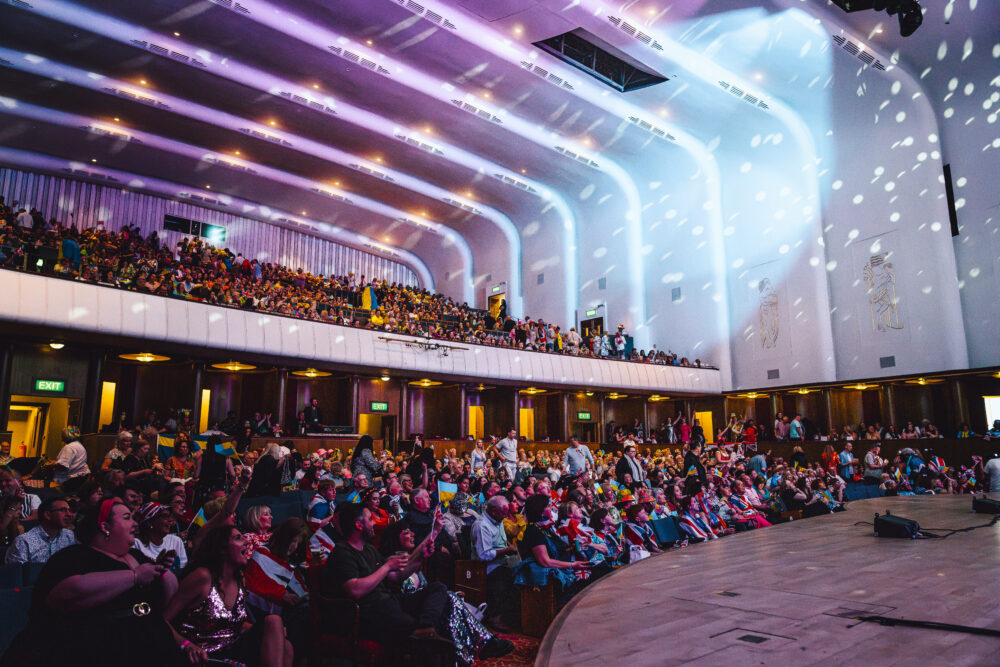

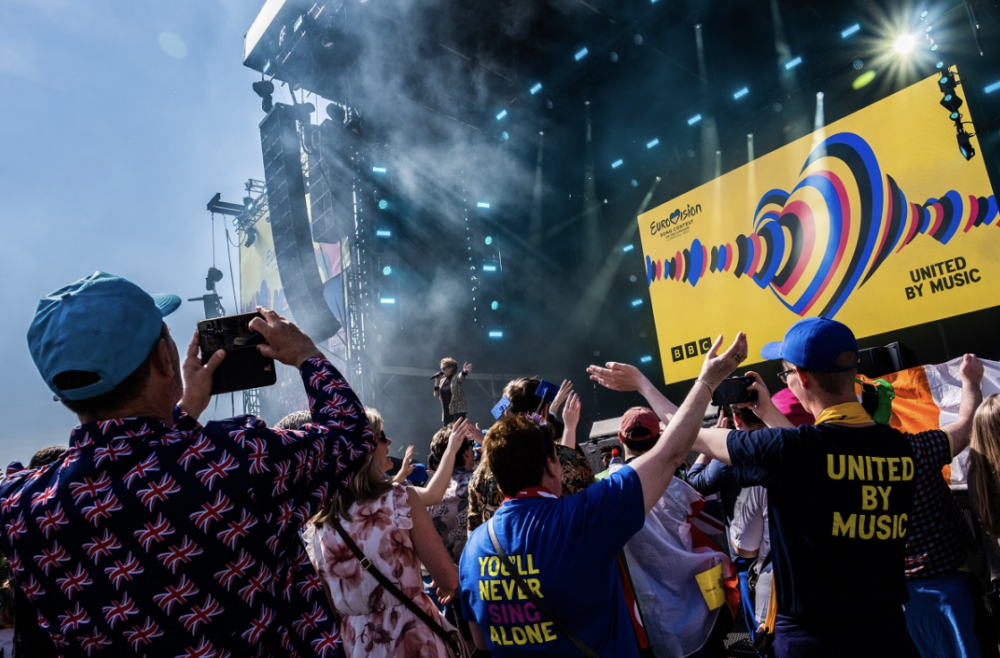
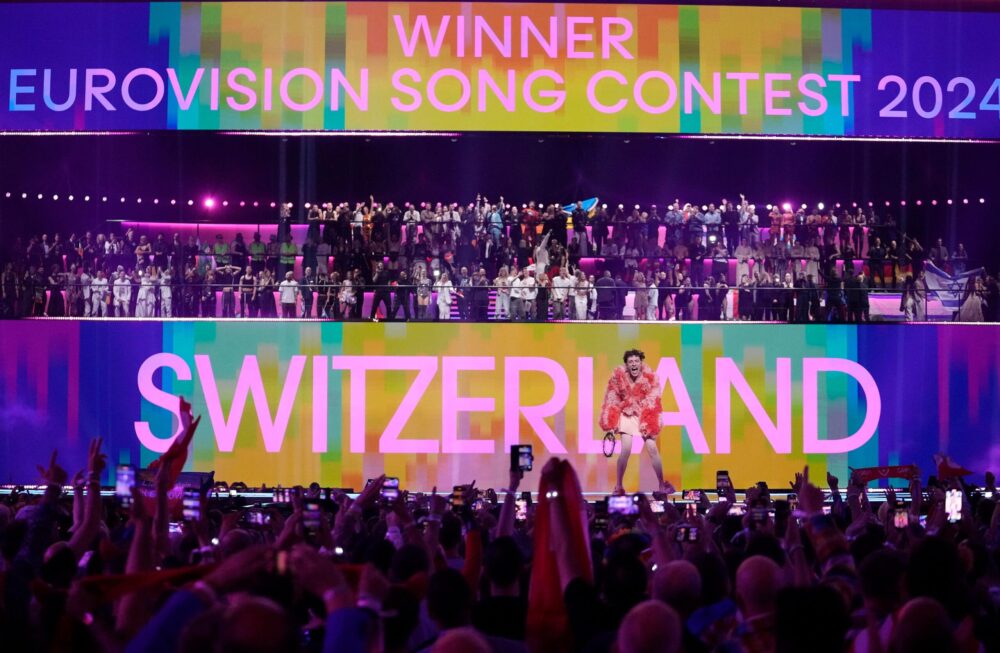
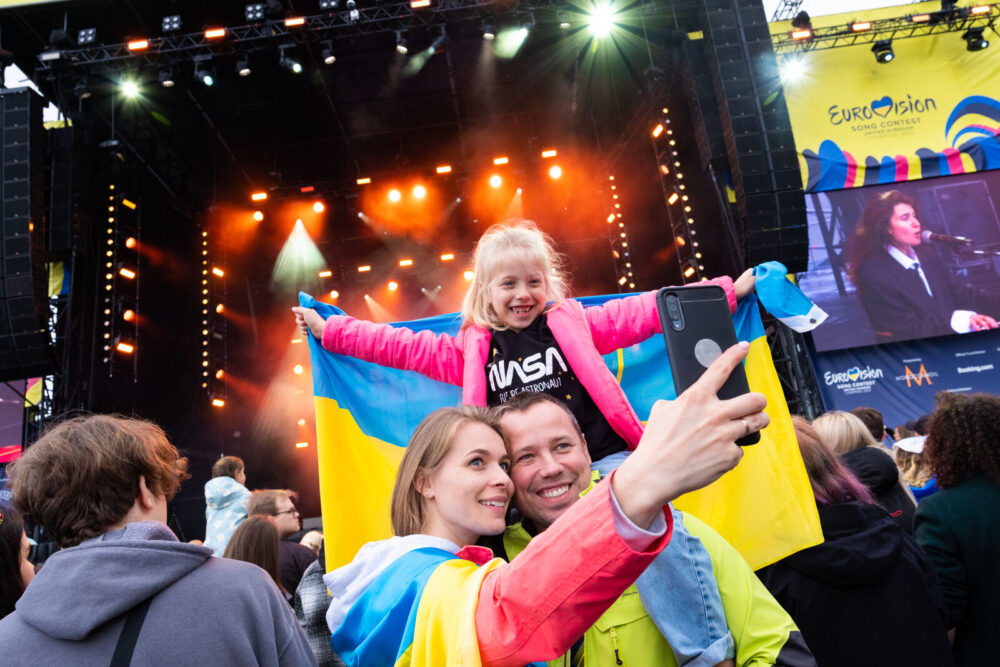

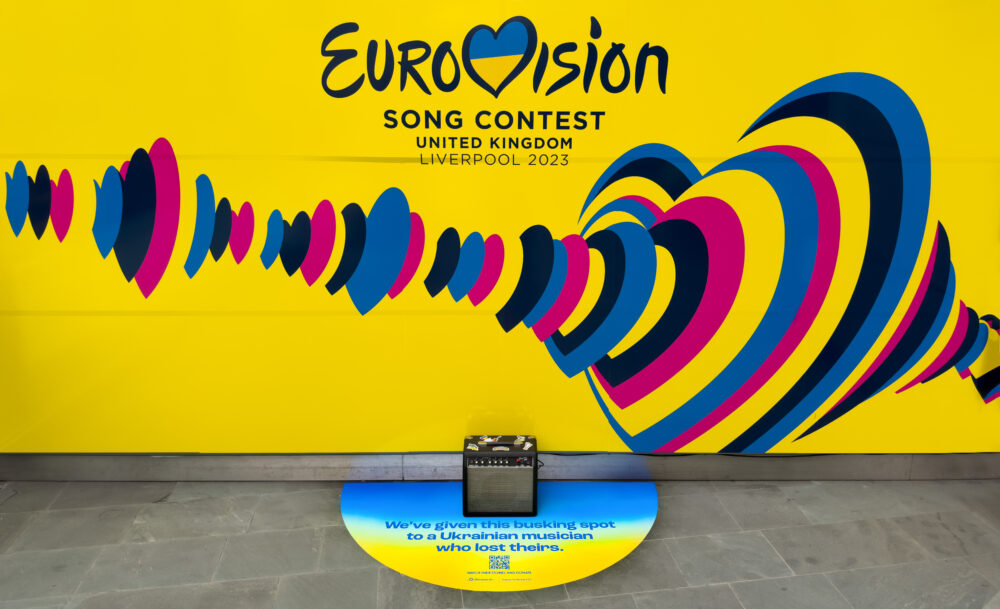
 Subscribe
Subscribe Follow Us
Follow Us Follow Us
Follow Us Follow Us
Follow Us Follow Us
Follow Us Follow Us
Follow Us











